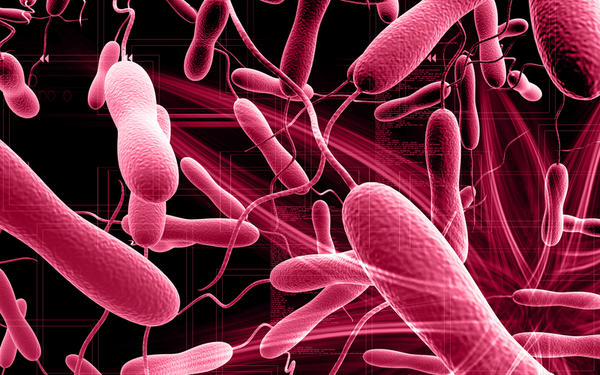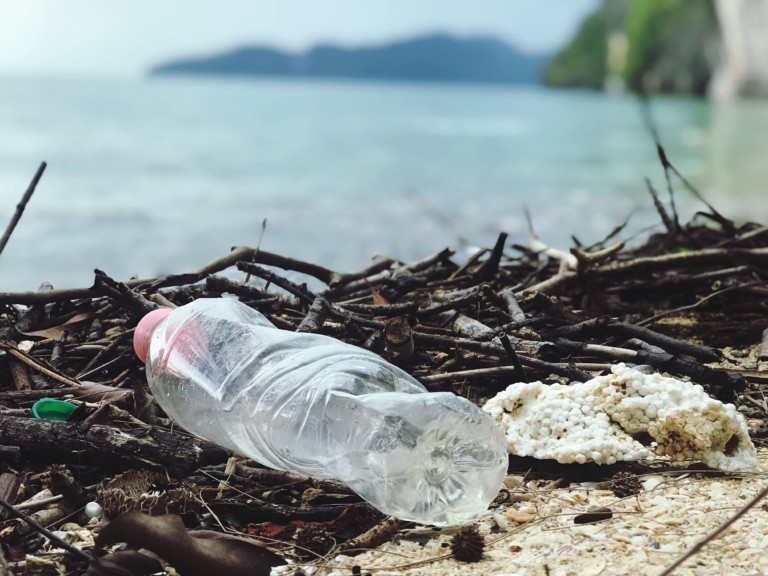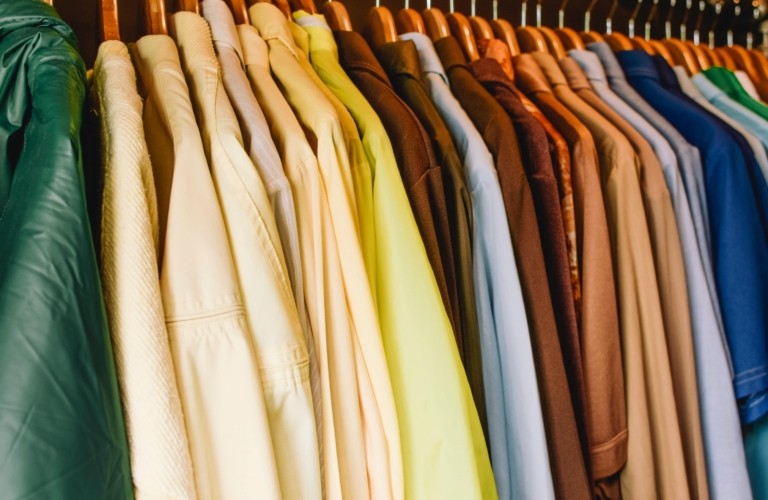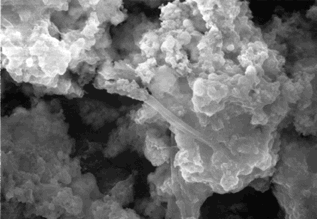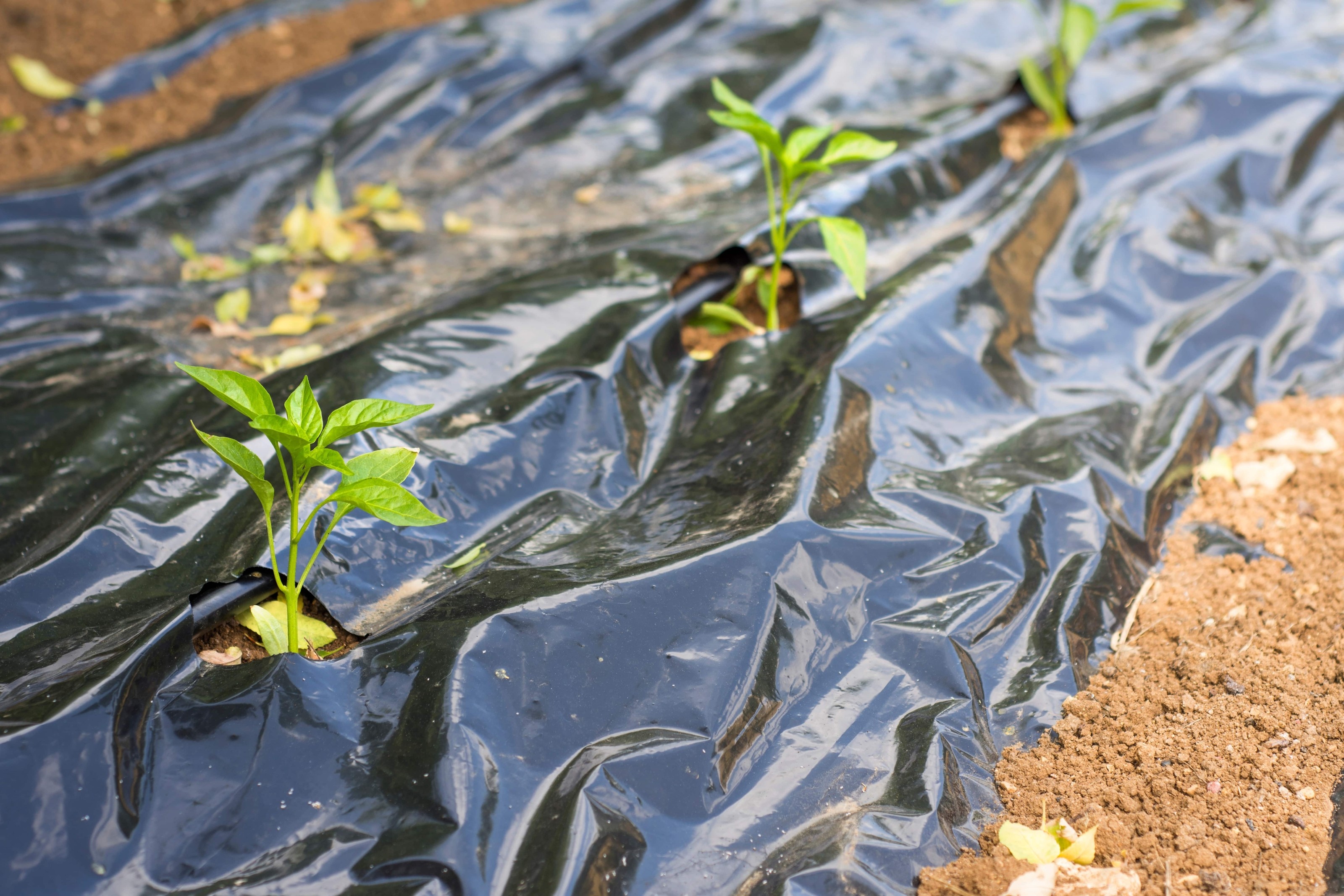
AHMEDABAD – Three bacteria families have been isolated by the research team at A&R Institute of Biotechnology. The microorganisms have been said to break down polyethylene, polypropylene and polyvinyl chloride. Researchers at the Institute are now moving their laboratory scale testing into real world environments at the local landfill. The testing will be conducted using various temperatures, rain, soil and various forms of wastes. The next stage of the research is to begin shortly. Scientist Devjani Banerjee has stated this is biodegradation which is a process by which there is a chemical dissolution of materias by bacteria. “It involves breaking down the plastics and non-biodegradable substances into constituent molecules by microbial processes. Metabolites released must be non-toxic. Micro-organisms have a naturally occuring, microbial catabolic diversity to degrade, transform or accumulate a huge range of compounds including hydrocarbons” said Banerjee.
The gluttonous bacteria which is being study by the Institute can degrade plastic within a few days.
Dean of school of environment at CUG, M F Fulekar, who led the research said, “My team found eight different potent bacteria that not only decomposed plastic collected from Pirana, but also hazardous, e-waste and metal waste dumped there. The effective decomposition period under lab condition was 30 days.”
“The bacterial cultures were developed separately and then added to the waste mixture at three different temperature stages. The first was at 25 degree Celsius, the second culture was added at 40 degree Celsius and the third bacteria culture was added between temperatures of 45 to 60 degrees. We are confident that these bacteria will work on the landfill site,” he said.
The team of researchers under Devjani Banerjee at ARIBAS identified one bacteria belonging to the family of Micrococcaceae gram positive bacteria and two bacteria belonging to the Enterobacterceae family that decomposed three different types of plastics — low density polyethylene, polypropylene and polyvinyl chloride powder.
If you are interested in reading the full article please visit : http://timesofindia.indiatimes.com/city/ahmedabad/Plastic-breaking-bacteria-need-field-test/articleshow/26118361.cms
This article further proves that microorganisms consume plastic with or without the additive manufactured by BioSphere. BioSphere’s unique design allows for faster biodegradation of the plastic products when they are treated with the additive. BioSphere continues to research numerous microbial families to further develop their additive attracting various families of microorganisms to the plastic while in active microbial environments. The research which has been conducted by the BioSphere team has allowed our additive to become the fastest biodegradable additive in the market today.
